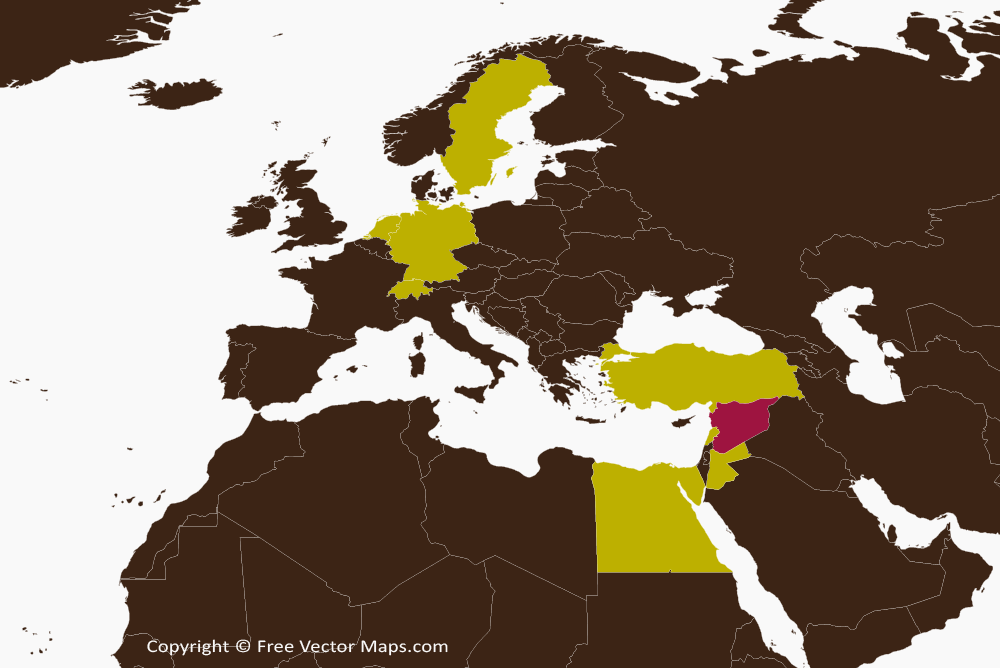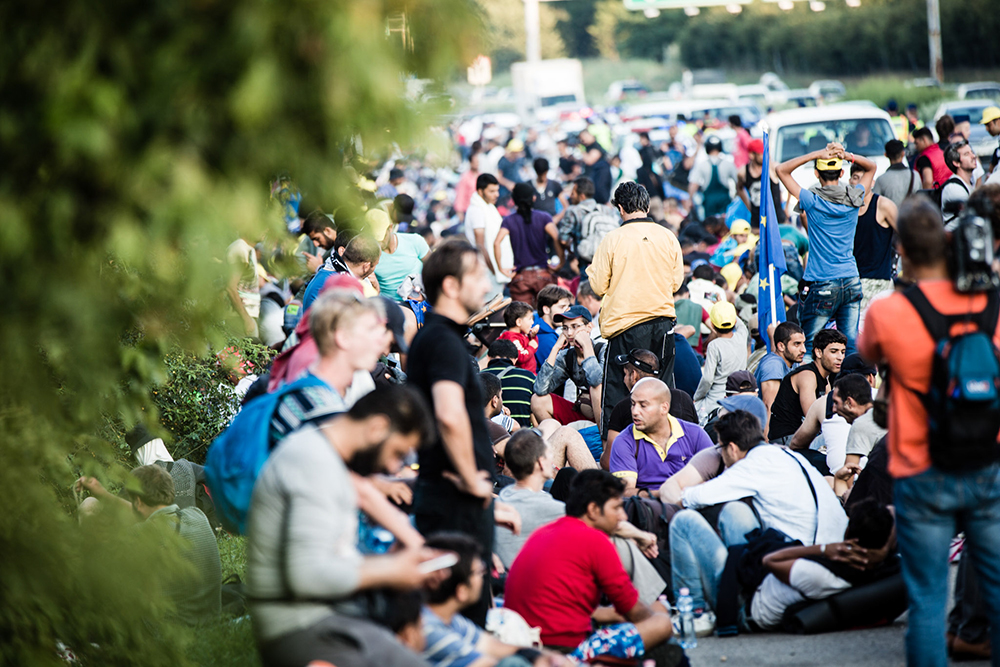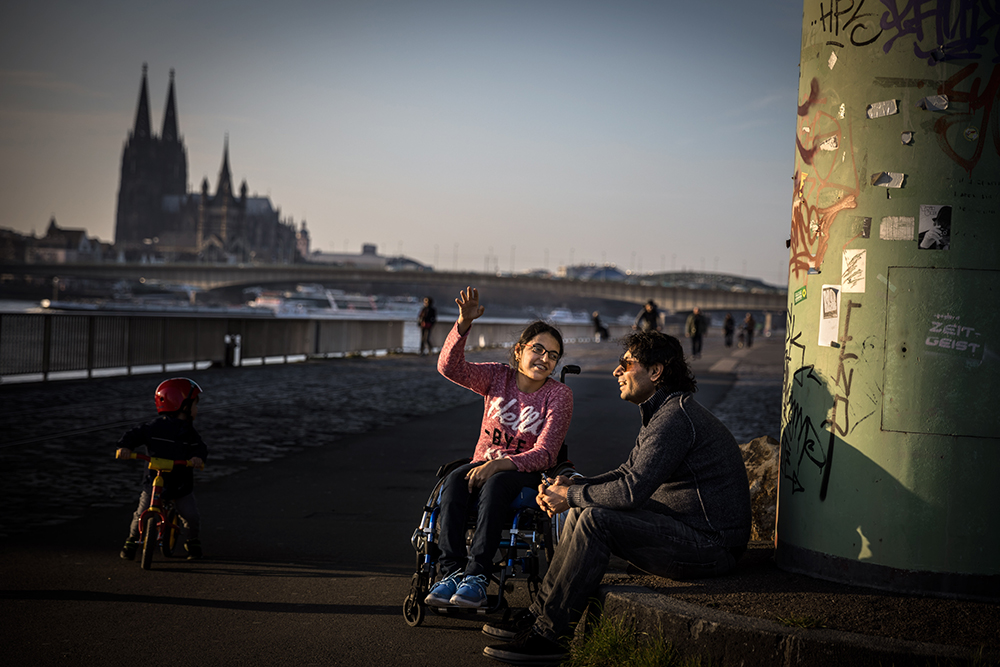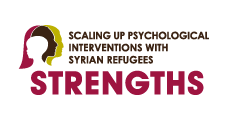STRENGTHS PROJECT
The Middle East, North Africa and Europe host millions of Syrian refugees. The refugees have fled violence and destruction. They have lost loved ones, homes and property. For many, the journey to safety has been dangerous and full of hardship. Building a new life and future in a new country brings a whole new set of challenges and worries.
Not all refugees experience serious mental health problems as a result of this hardship. But the mental well-being of most refugees is under pressure. Research shows that refugees suffer higher levels of mental health problems than non-refugee populations.
A sudden increase in the number of refugees is a challenge to the health systems.
Even the most robust health system will struggle to provide sufficient care to a high influx of patients with mental health concerns. This is the case in all host countries to greater or smaller extent.
There are many barriers to provide sufficient care. Across the Middle East there is a lack of trained specialists who can provide high quality care. In Europe there are not enough Arabic speaking mental health care professionals. This limits the access to mental health services.
Part of the solution could be scalable psychological interventions for common mental disorders.
Problem Management+
Problem Management Plus (PM+) is a scalable psychological intervention. This type of interventions has been developed by the WHO in recent years.
Scalable psychological programmes are developed by WHO for use in settings affected by adversity. PM+ is available as an individual version and as a group version. In addition two further versions are under development: a smartphone delivered psychological programme for adults and a programme for young adolescents named EASE.
The programmes are short and can be provided or supported by trained helpers who are not mental health professionals. The programmes do not target a single disorder, but a set of symptoms of common mental disorders such as anxiety, depression, and posttraumatic stress disorder. They are based on well-tested cognitive behavioural and problem solving techniques.
The programmes consists of five 90 minute sessions. During the sessions the clients learn four strategies:
- Stress management
- Problem solving
- Behavioural activation
- Skills to strengthen social support.
The project aims to help provide better and more cost-effective community-based mental health care by translating the PM+ programmes and adapting them to a Syrian context. The project outlines the steps needed to integrate evidence based low-intensity psychological interventions for common mental disorders into health systems in the host countries.
The countries targeted in the project are Turkey, Lebanon, Jordan, Egypt, Germany, Switzerland, the Netherlands and Sweden. All eight countries are quite diverse both in terms of income, health care systems and culture and all of them host significant numbers of Syrian refugees.






